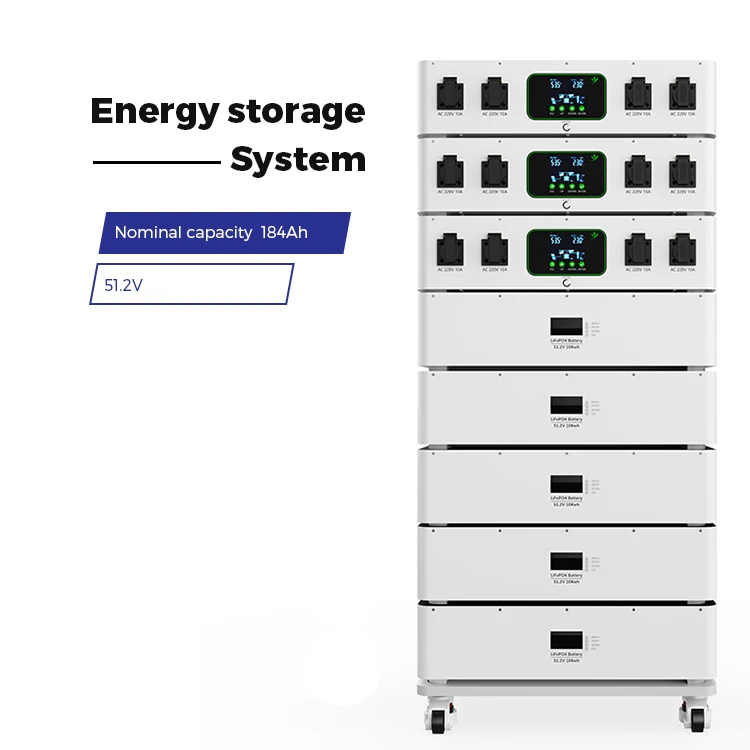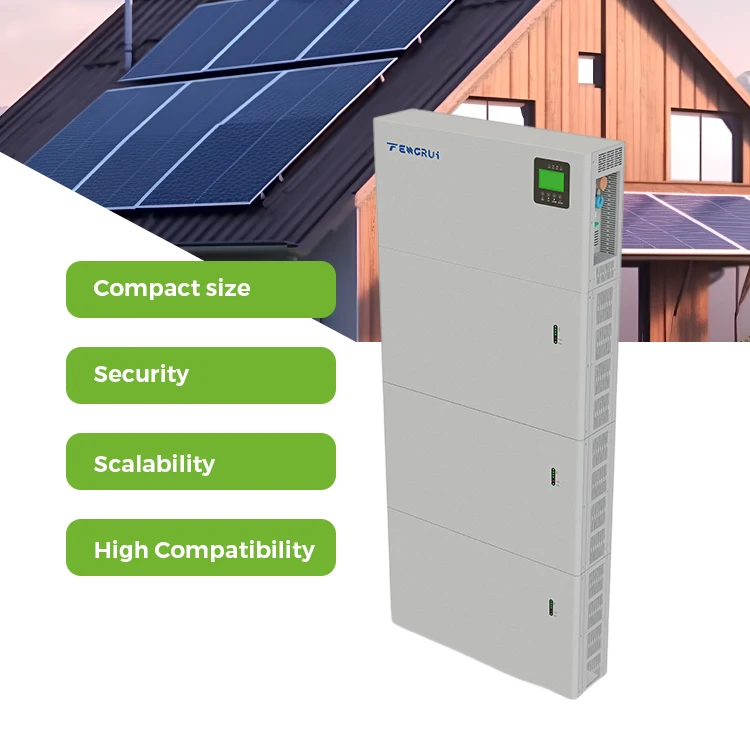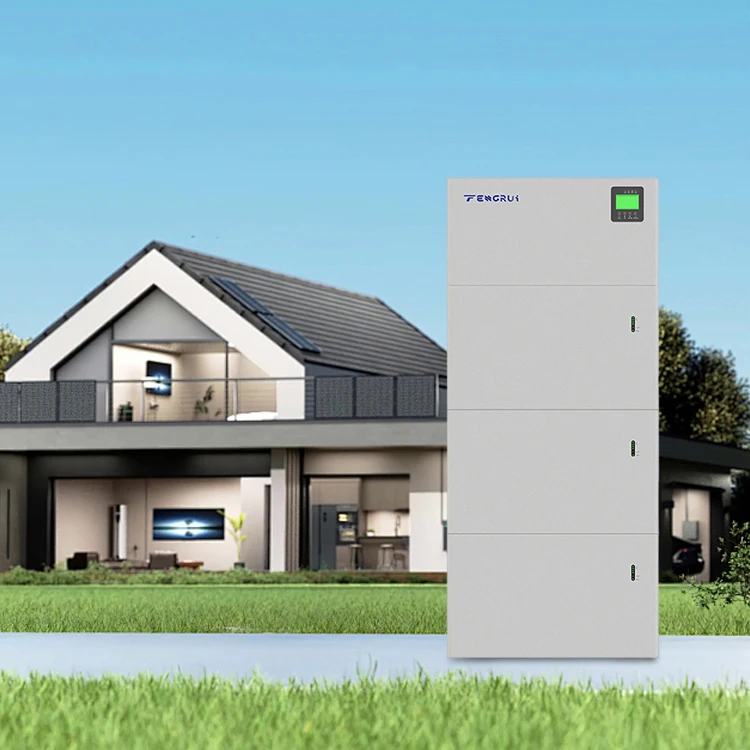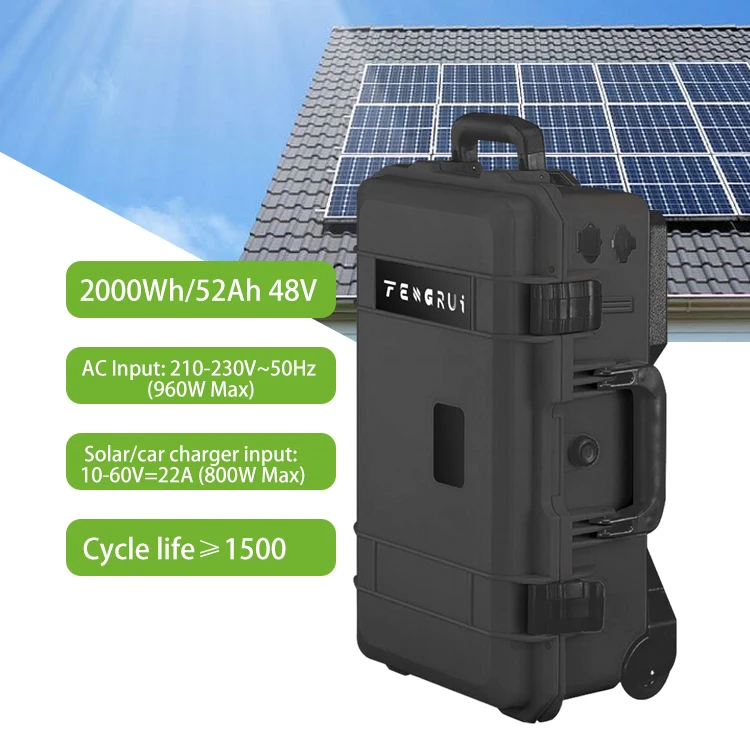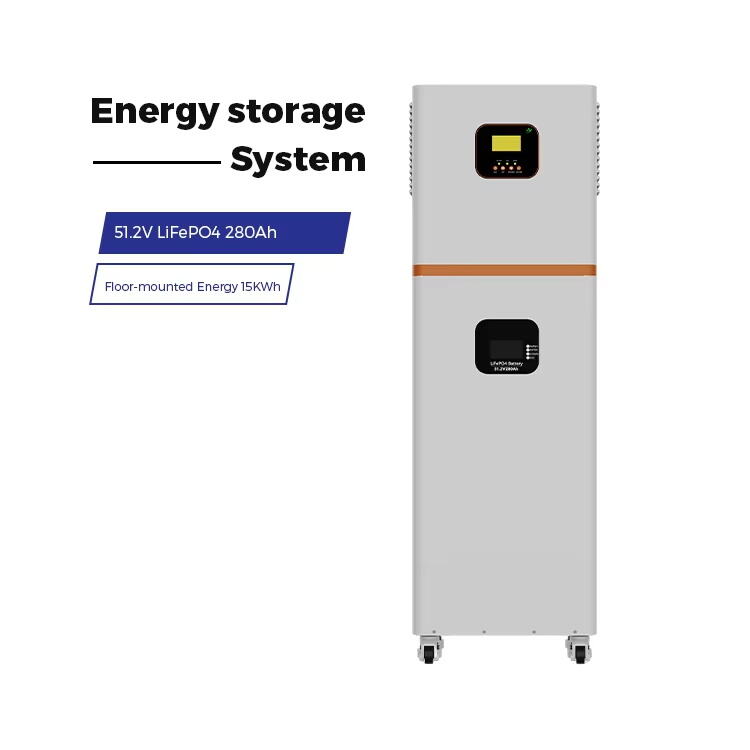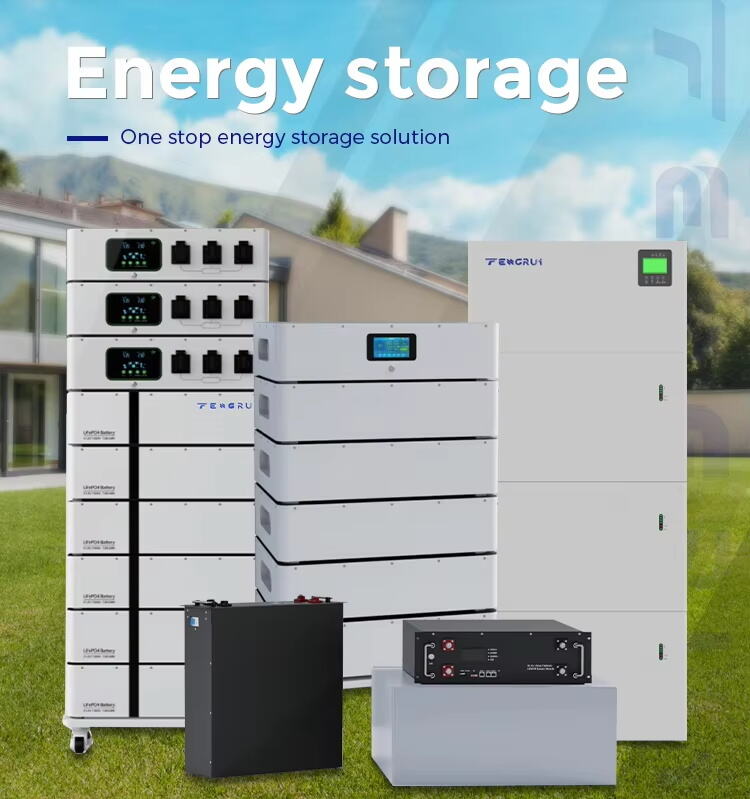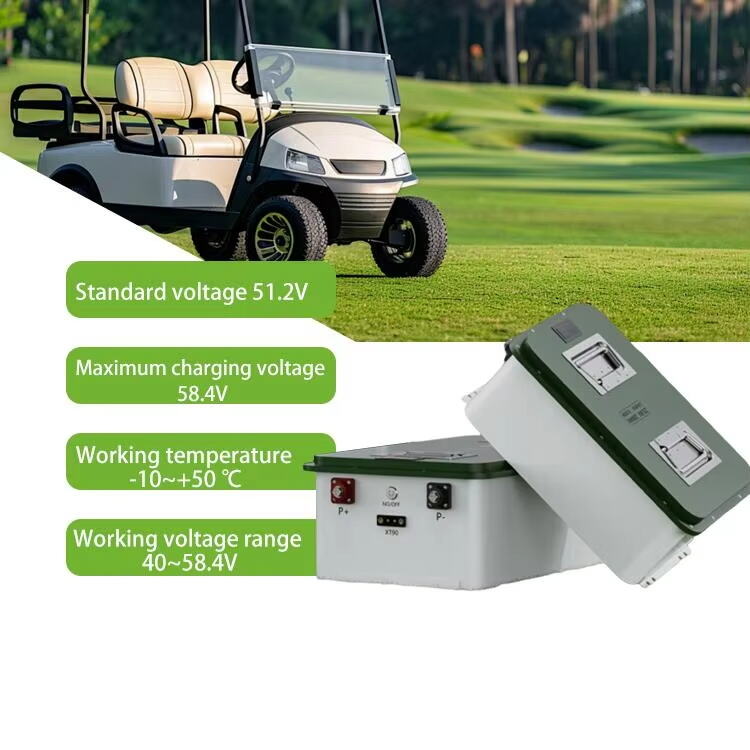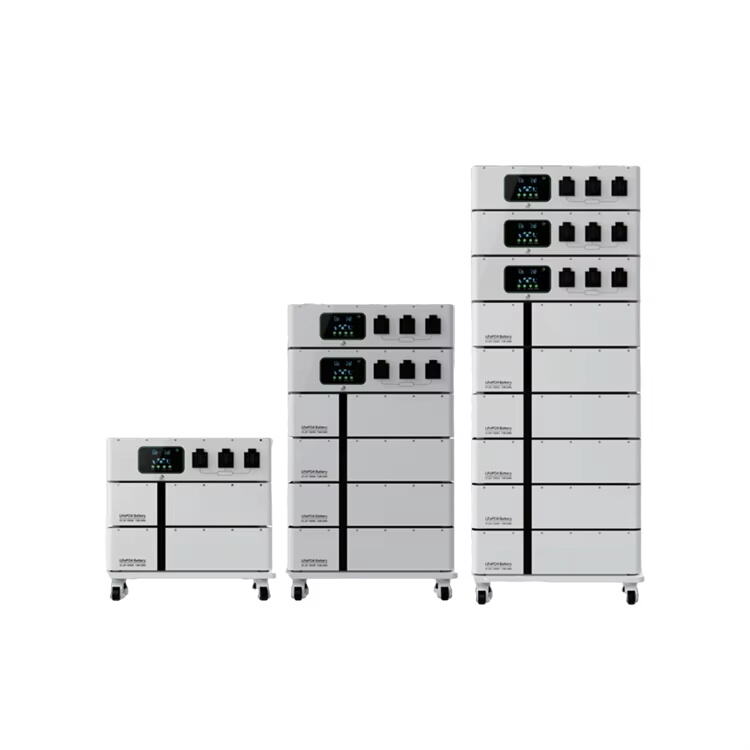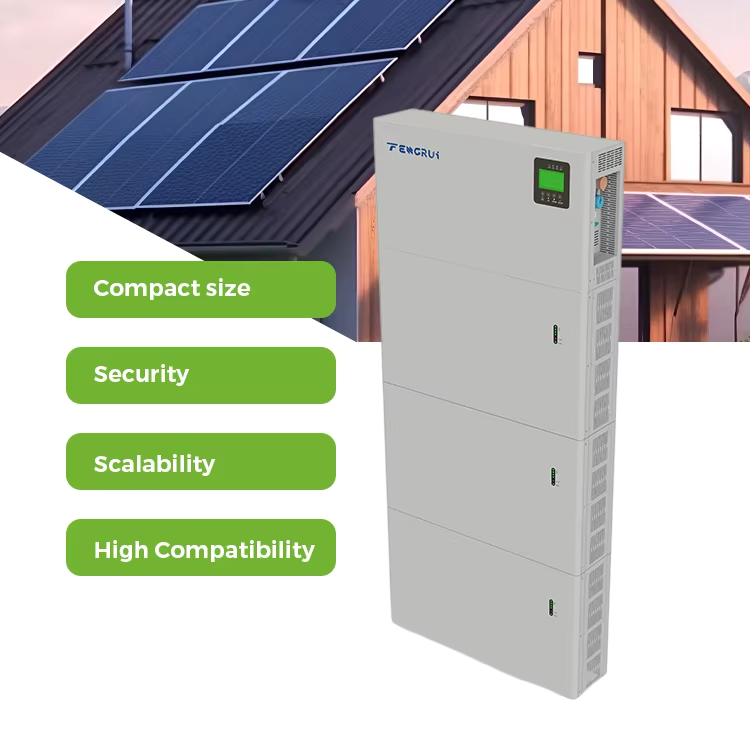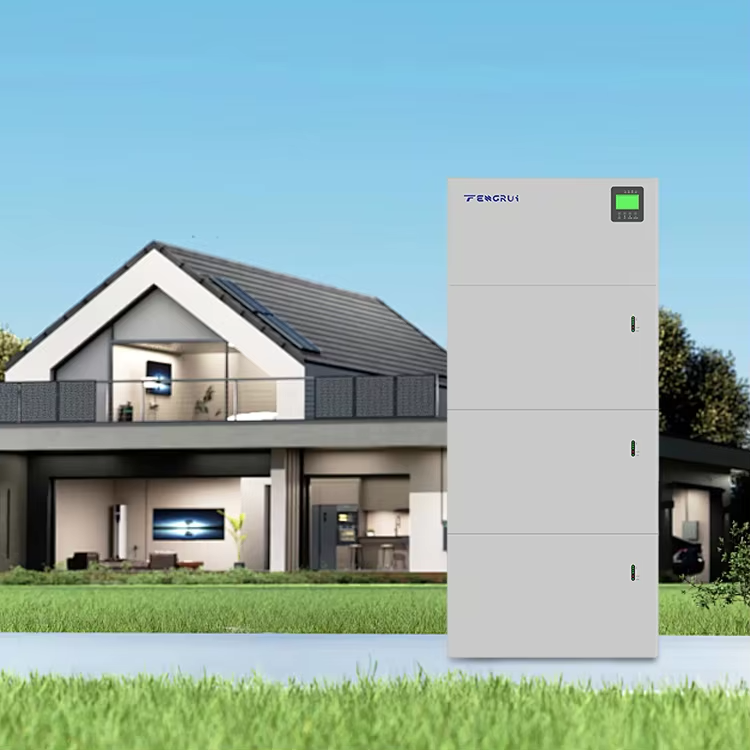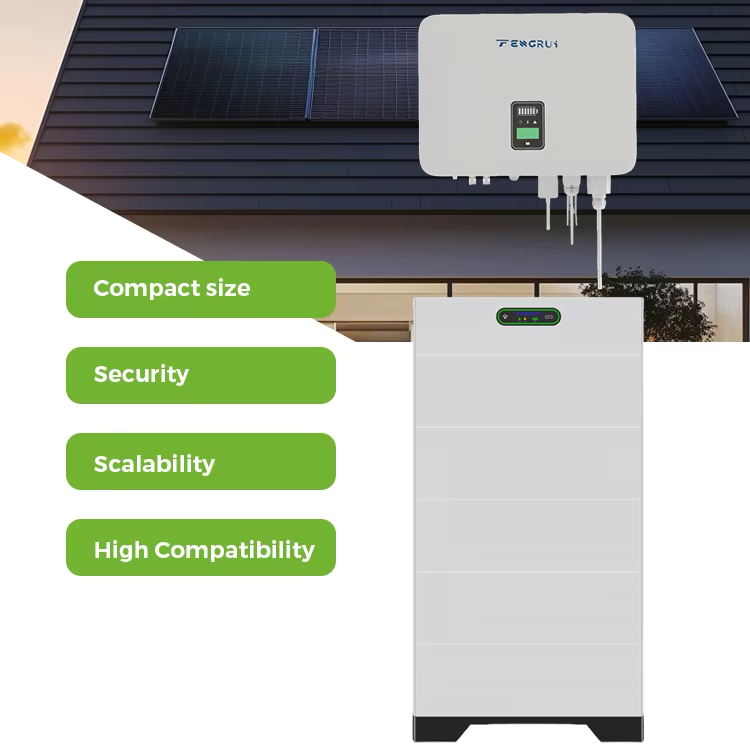household solar inverter
A household solar inverter is an essential component of a residential solar power system, serving as the bridge between solar panels and your home's electrical system. This sophisticated device converts the direct current (DC) generated by solar panels into alternating current (AC) that powers household appliances and electronics. Modern solar inverters incorporate advanced features such as Maximum Power Point Tracking (MPPT) technology, which optimizes energy harvesting by adjusting to varying sunlight conditions throughout the day. These inverters also provide real-time monitoring capabilities, allowing homeowners to track their system's performance through smartphone apps or web portals. Many models include built-in safety features like automatic shutdown mechanisms and surge protection, ensuring both system longevity and household safety. The integration capabilities of current household solar inverters enable seamless connection with home energy management systems, battery storage solutions, and smart home networks. They operate silently and efficiently, typically achieving conversion rates above 95%, maximizing the return on investment for solar installation. Additionally, these devices are designed with durability in mind, often carrying warranties of 10-25 years and requiring minimal maintenance throughout their operational lifetime.

